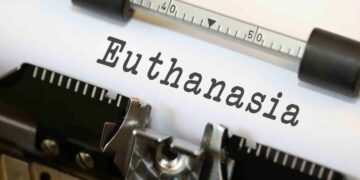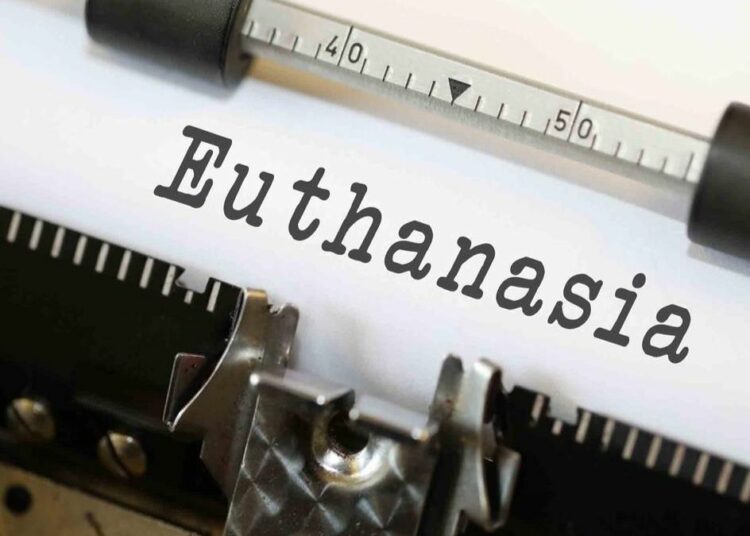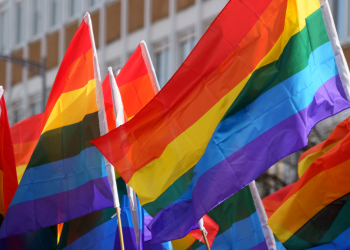The United Nations (UN) has warned Belgium over its euthanasia law. During the session of the UN Human Rights Council held in Geneva, the humanitarian implications of the norm were challenged. When Belgium legalized euthanasia in 2002, it was initially only offered to adult patients who were in a physical condition with no prospect of reasonable medical improvement. In 2014 however, the law was revised to allow euthanasia for minors as well, and with no age limit. And over the years the plane has tilted more and more with the field of application having been extended to include the “weariness of living”. Or even, as iFamNews noted last year, a disappointment in love and a falsified diagnosis of Asperger’s syndrome.
A spiral out of control
“A just society takes care of the most vulnerable,” says lawyer Giorgio Mazzoli, who represents ADF International at the UN. Mazzoli recalls that “international law protects everyone’s inherent right to life and requires countries to protect the dignity and life of all people rather than help end it.” Mazzoli then recalled that “unfortunately, over the years, we have seen an out-of-control spiral of the Belgian law on euthanasia”.
The appeal
The lawyer recalls the case of a 24-year-old woman in Belgium in 2015 who requested euthanasia due to depression despite being physically healthy. “There is nothing progressive about a government that refuses to provide assistance and support to those who need it most,” Mazzoli added. He therefore concluded: “We urge the Belgian government to accept the recommendations it has received on this issue: end euthanasia and redirect resources to improve palliative care.”
The case at the ECHR
Belgium has also been called to account for the application of the euthanasia law at the European Court of Human Rights (ECHR). In this case, the charge of failure to protect life has come from Tom Mortier whose mother, suffering from depression, was subjected to a so-called “gentle death” in 2012. “My mother had a severe mental problem. She had to deal with depression all her life,” Mortier explains. He adds, “She was treated for years by psychiatrists and eventually contact between us was cut off. A year later she received a lethal injection. Neither the oncologist who administered the injection nor the hospital had informed me or any of my siblings that our mother was considering euthanasia. I found out the next day when I was contacted by the hospital, who asked me to take care of the practicalities.”
Six euthanasia deaths a day
The case of Mortier’s mother at the ECHR could set a precedent that could disrupt the legal architecture of some euthanasia laws. “According to the latest [reports in Belgium], more than six people a day are being euthanized in this way, and this may just be the tip of the iceberg. The figures reveal the truth that once these laws are passed, the impact of euthanasia cannot be controlled,” says Robert Clarke, deputy director of ADF International who also represents Mortier before the court.
In January, UN human rights experts expressed alarm at a growing trend to enact legislation enabling access to medically assisted dying based largely on having a disability or disabling conditions, including in old age.




















Discussion about this post